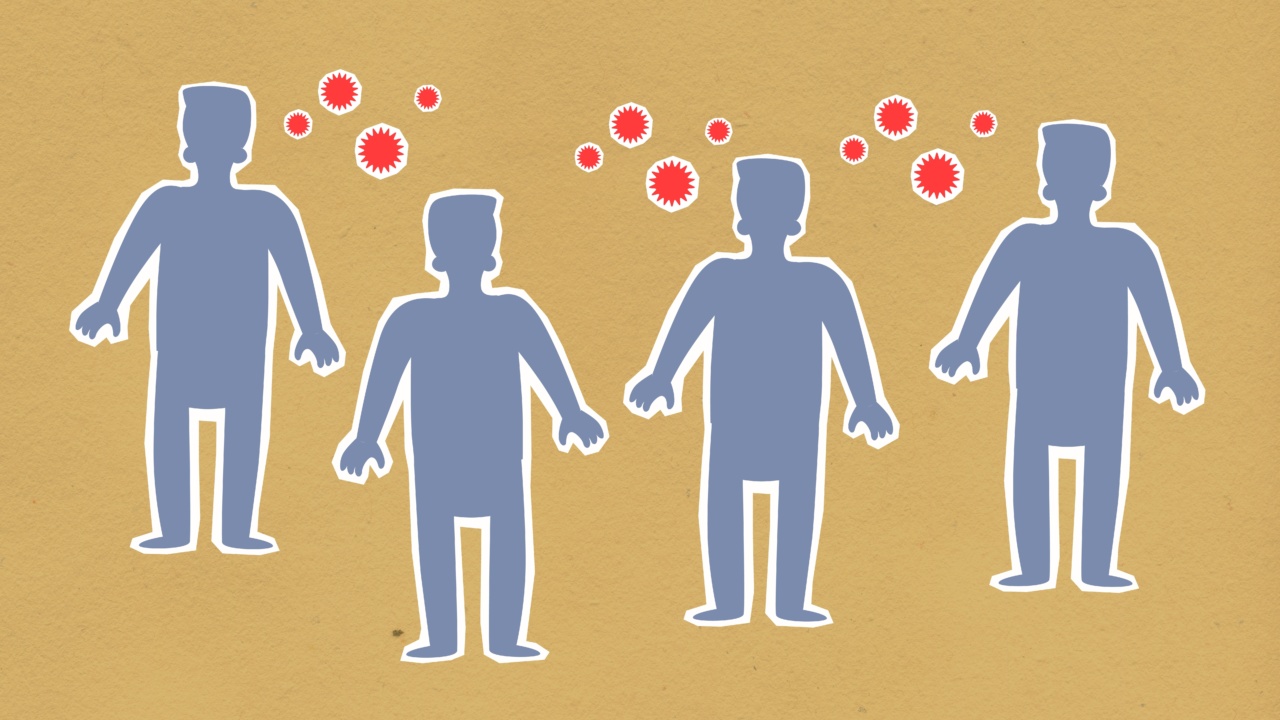As flu season continues to rage on, there has been a significant increase in the number of cases reported. In particular, the H1N1 virus has caused over 90 fatalities, and urgent help is needed to contain the outbreak.
What is the H1N1 Virus?
The H1N1 virus, also known as the swine flu, is a respiratory infection that is caused by the influenza type A virus. It spreads from person to person through respiratory droplets, especially when an infected person coughs or sneezes.
Symptoms of H1N1 Virus
The symptoms of H1N1 virus are similar to that of regular flu. These include:.
- Fever
- Cough
- Sore throat
- Body aches
- Headache
- Fatigue
- Chills
- Nausea and vomiting
In severe cases, the H1N1 virus can also lead to complications such as pneumonia, respiratory failure, and even death.
The Current Outbreak
Since the beginning of flu season, there has been a sharp increase in the number of cases of H1N1 virus. In particular, several states in the USA have reported a significant number of cases, notably Texas, California, and Arizona.
According to the Centers for Disease Control and Prevention (CDC), the H1N1 virus has caused over 90 fatalities so far this season.
Urgent Help Needed
The outbreak of H1N1 virus is a serious concern, and urgent help is needed to contain it. The CDC recommends that everyone over the age of six months should get a flu vaccine every year, and especially during an outbreak.
Additionally, practicing good hygiene, such as washing hands regularly and covering one’s mouth when coughing or sneezing, can help prevent the spread of the virus.
It is also important for anyone who experiences flu-like symptoms to seek medical attention as soon as possible. Early treatment can help relieve symptoms and prevent complications.
Conclusion
The outbreak of the H1N1 virus is a serious concern, and urgent action is needed to contain it.
By getting the flu vaccine, practicing good hygiene, and seeking early medical attention, we can all do our part to prevent the spread of this dangerous virus.





























